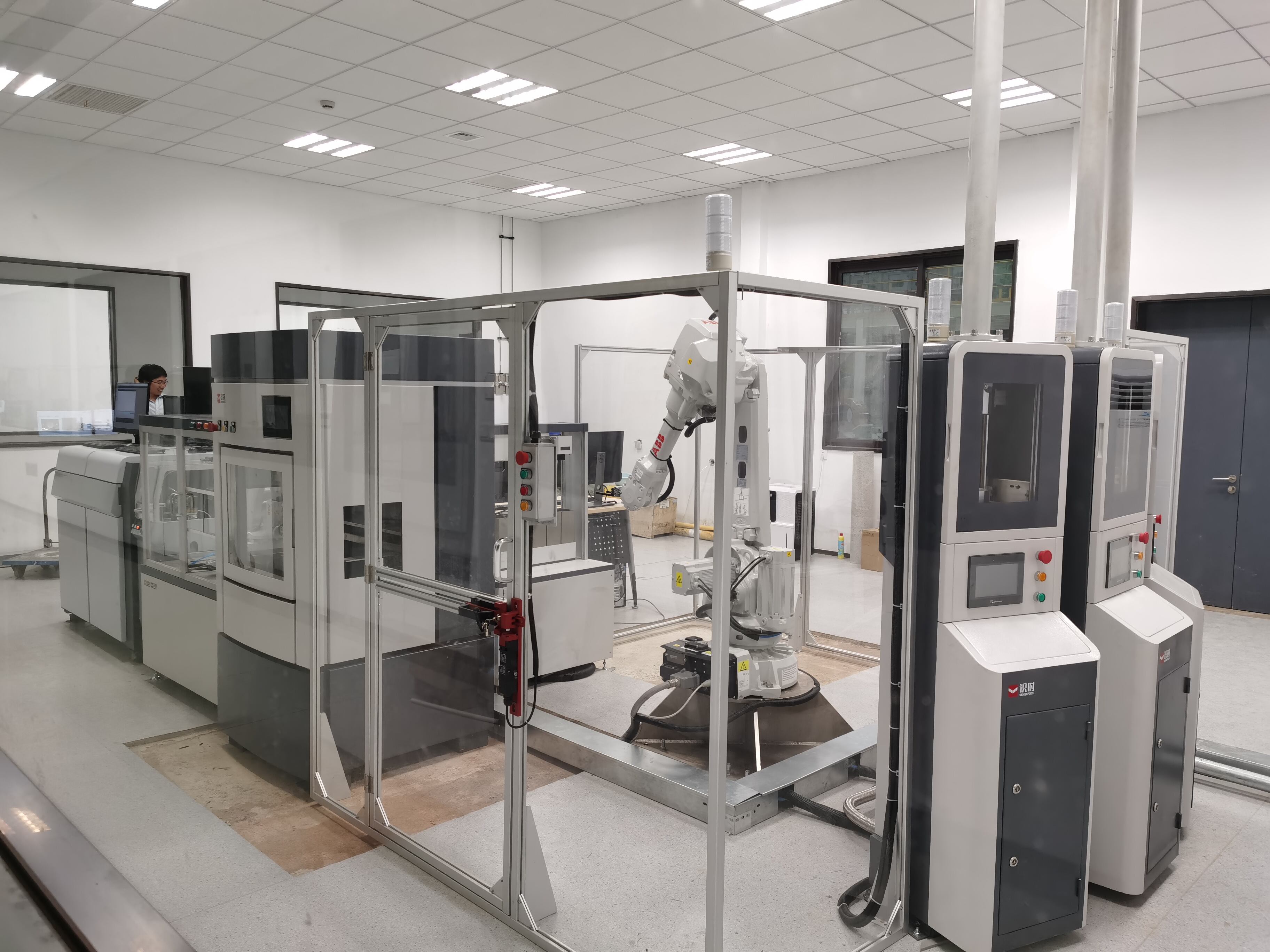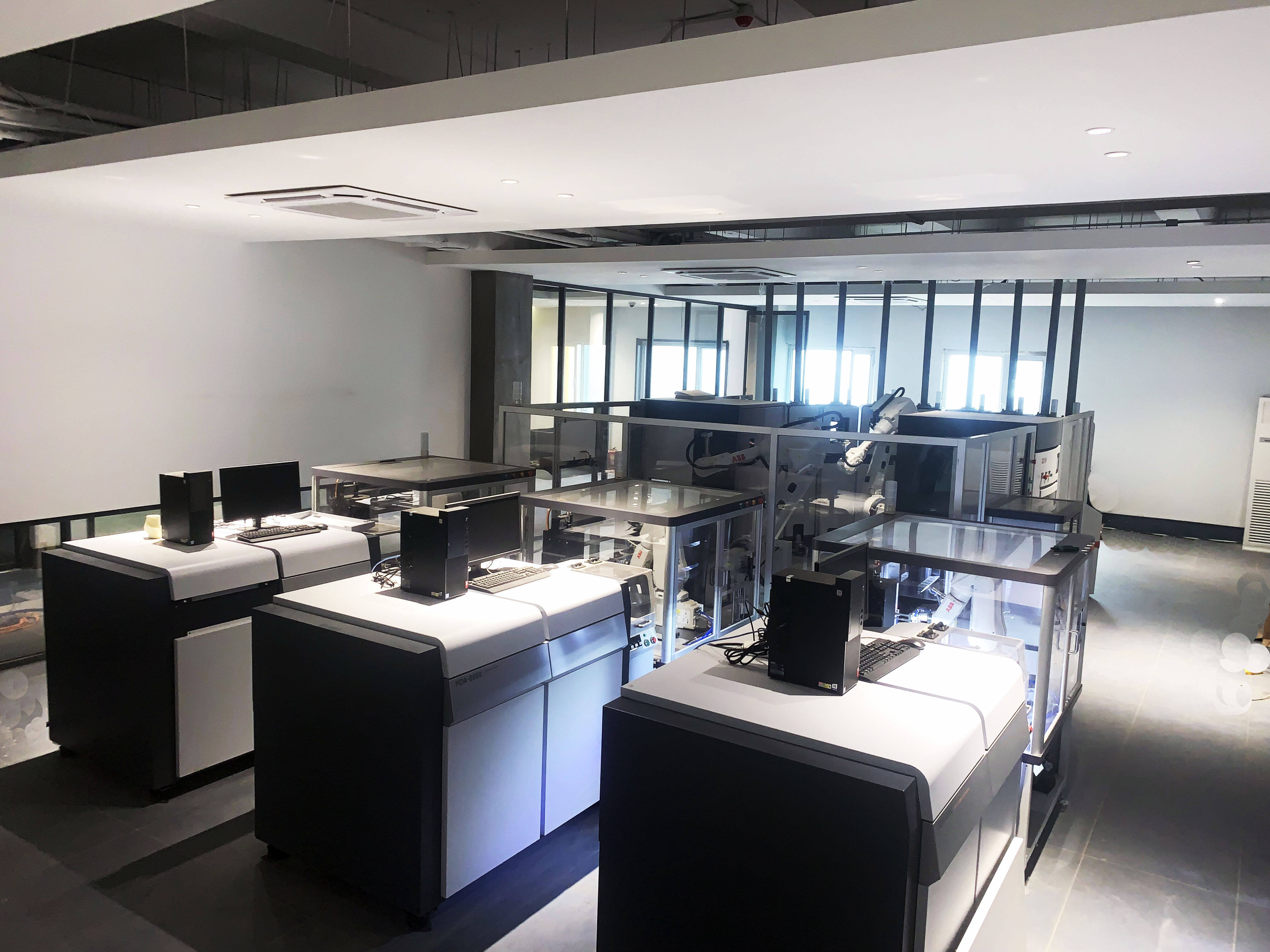industrial automation and control
Industrial automation and control represents a transformative approach to manufacturing and production processes, integrating advanced technologies to streamline operations and enhance efficiency. This sophisticated system combines hardware and software components to automate industrial processes, monitor production lines, and maintain quality control with minimal human intervention. At its core, industrial automation utilizes programmable logic controllers (PLCs), sensors, robotics, and computer-integrated manufacturing systems to execute complex operations with precision and consistency. The system encompasses various control mechanisms, including feedback loops, artificial intelligence, and machine learning algorithms, which enable real-time monitoring and adjustment of production parameters. These technologies work in concert to optimize resource utilization, reduce operational costs, and ensure consistent product quality. Applications span across diverse industries, from automotive manufacturing and food processing to pharmaceutical production and energy management. The system's adaptability allows for customization based on specific industry requirements, enabling businesses to scale operations while maintaining high standards of quality and safety. Modern industrial automation and control systems also incorporate Industry 4.0 principles, facilitating seamless integration with Internet of Things (IoT) devices and enabling data-driven decision-making through advanced analytics and cloud computing capabilities.

